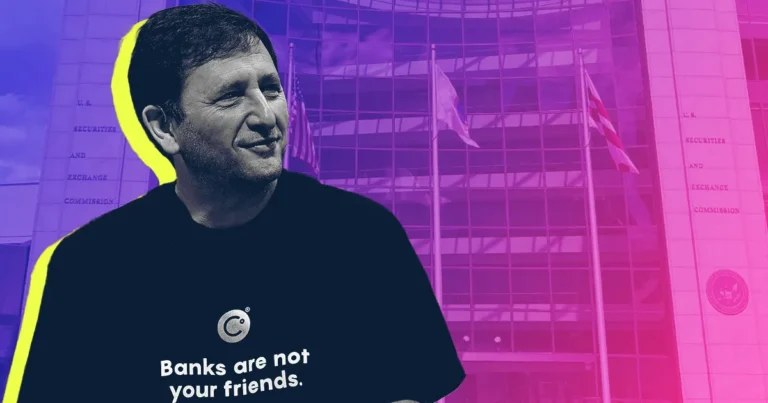24-4-2025 – The reverberations of a collapsed cryptocurrency empire are laid bare through over 200 heartrending victim impact statements, spanning more than 400 pages, submitted by US federal prosecutors in the case against Alex Mashinsky, the former chief of Celsius Network. These poignant accounts, directed to the court’s Victim/Witness Coordinator, Wendy Olsen, paint a vivid picture of shattered dreams, financial ruin, and profound betrayal experienced by those who placed their trust in the once-lauded crypto lending platform.
Mashinsky, the embattled founder, faces sentencing on May 8, accused of misrepresenting the financial stability of Celsius before its dramatic implosion. In a letter penned on April 23, Jay Clayton, the newly appointed interim US Attorney for the Southern District of New York, underscored the statements’ purpose: to illuminate the profound devastation wrought by Celsius’s collapse. The narratives reveal not only monetary losses but also the emotional toll—fractured families, mounting debts, and obliterated retirement aspirations.
Once a beacon for retail investors worldwide, Celsius promised lucrative returns through crypto deposits and collateral-backed loans, drawing hundreds of thousands with Mashinsky’s impassioned rhetoric of financial liberation and decentralised prosperity. Yet, when a prolonged crypto market downturn gripped the industry in June 2022, Celsius abruptly halted withdrawals, citing “extreme market conditions.” By July, the company had spiralled into bankruptcy, trapping billions in user funds.
Among the victims is Brian, who entrusted Celsius with three accounts, only to lose over $7 million in crypto assets, a sum reflecting their current valuation. His plight is compounded by a lawsuit from Celsius itself, targeting him for withdrawing funds roughly 70 days before the company’s collapse. “I’m still fighting this legal battle, haemorrhaging time and money,” he lamented, encapsulating the compounded anguish of many.
Others recounted how Mashinsky’s public assurances of solvency, even as insolvency loomed, fostered a false sense of security. One user recalled a chilling moment on the day withdrawals were frozen, when a company concierge insisted funds were secure and normal operations would soon resume. “Mashinsky cultivated a culture of deceit,” the victim wrote, alleging that insiders like Stephen Wundke withdrew their assets while urging others to remain calm.
The statements brim with raw emotion—anger, grief, and a sense of profound injustice. One victim, lured by Mashinsky’s promises of passive income and financial stability, mourned the loss of what could have been a transformative sum. “Celsius’s bankruptcy obliterated those hopes,” they wrote. Another labelled Mashinsky a “narcissist” devoid of empathy, pointing to unverified reports of suicides tied to the fallout. The collective plea to the US Department of Justice is unequivocal: impose the maximum 30-year sentence to reflect the enduring financial and emotional scars.


